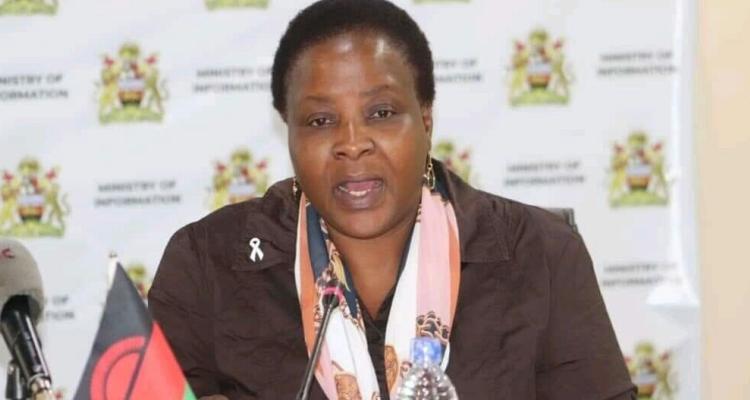
Malawi government is introducing plans to help the country reduce the number of people dying by increasing life expectancy at birth from 64 years of age to 70 years.
The HSSP lll transformation agenda, launched on 26 April, 2024, is among other areas focusing on improving efficiency and effectiveness in health care service delivery at all levels.
Speaking at the launch, Minister of Health Khumbize Kandodo Chiponda said that a successful implementation of the HSSP lll in 2030 will see under-5 mortality rate reduced from 56 to 15 per 1000 live births, and maternal mortality rate from 349 to 213 per 100,000 live births.
According to Chiponda, the strategic plan will also achieve a reduction of HIV prevalence from 8.7% to 7%, as well as increase life expectancy at birth from 64 years of age to 70 years.
Also under the HSSP 3, the Ministry of Health says that it will push the health budget for every person annually from the current K68,000 to K292, 000 through improved health financing system.
According to Chiponda, the total health service bill on every Malawian per year is currently K68 000 on average, something which is against the K170 000 recommended by World Health Organization (WHO).
“The HSSP III will require MK32 trillion in the eight-year period to be fully implemented and each year, every person will require a total of MK292,400 for health. We therefore have an annual shortfall of MK 224, 400 per person.
“Worryingly, we are not guaranteed of continued donor funding throughout the implementation period of the HSSP III. We must therefore, strive to take charge of financing our own health system,” said Chiponda.
Malawi Health Equity Network (MHEN) is an alliance of 95 CSOs in health which promotes equitable access to quality, affordable and responsible health care services in the country.
Commenting on the development , Executive Director fo MHEN
Goerge Jobe, said that the network is in full support of the upcoming policies and that it is part of the formulation process.
“We have been part and parcel of the development of the health sector strategic plan 3 and we can say that part of the what have been disclosed came from the input of civil society organisations.
“Our interest as civil society organisations is that there should be prudent management of resources especially those that are sourced locally at health facilities and also there should be more ways of ensuring that we have more resources in the health sector to go beyond the Abuja declaration that we have been requesting government to reach,” said Jobe.
The 2nd Health Sector Strategic Plan (HSSII) was successfully implemented, through the Malawi Ministry of Health, from the year 2017 to 2022.














